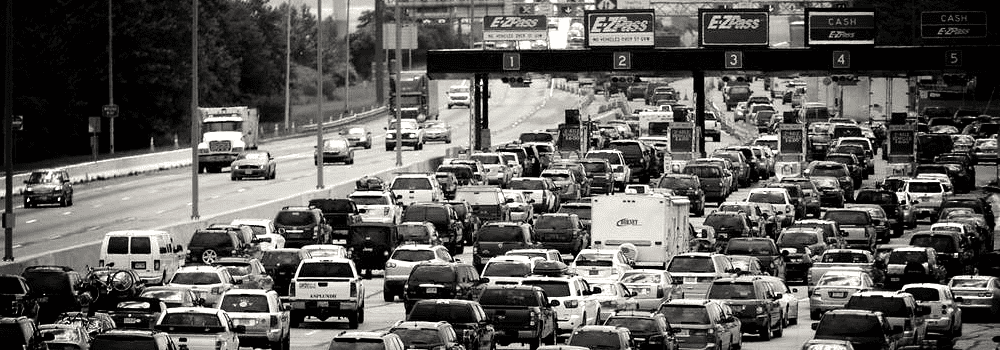Local citizens are outraged after county officials approved a resolution supporting the SH 249 extension, also known as the “Aggie Toll Road.” Montgomery County Commissioners Court voted 3-2 in support of paying for the road with millions in revenue bonds backed by taxpayer dollars.
The proposed toll road will extend from Harris County and into Grimes County, with 15 miles running through the far southwestern corner of Montgomery County. While the Texas Department of Transportation is building most of the road, and says they will pay for the whole thing, Montgomery County Judge Craig Doyal and Commissioner Charlie Riley have insisted on having the county build and fund a short 3.6-mile section.
While championed by some local officials and well-connected political insiders, the idea of Montgomery County paying $73 million for a section of the road has drawn strong opposition from local taxpayers, Tea Party leaders, and Republican Party officials.
“There’s absolutely no reason for Montgomery County to build, fund, maintain, and toll this project,” said Commissioner James Noack, who voted against the resolution, pointing out that TxDOT has already said they would pay for the whole road.
Doyal and Riley’s push for the toll is in direct violation of the Republican Party of Texas Platform, which clearly states:
“We believe that tolls should come off the road when the debt is retired… We oppose the use of taxpayer money to subsidize, guarantee, prop-up, or bail out any toll projects, whether public or private.”
Because Montgomery County cannot afford to pay for the road, Doyal and Riley propose using risky revenue bonds to finance the project, putting the county $73 million more in debt.
The exorbitant cost of the road has also raised concerns. According to data from the American Road and Transportation Builders Association, one mile of four-lane highway typically costs between $4 million and $6 million to build. However, Doyal is planning to spend a whopping $73 million on the 3.6-mile toll road – over $20 million a mile.
“How, pray tell, can you justify $20 million per mile for this rural 249 toll road when it should only cost $7 million a mile, maximum?” asked Republican Precinct Chair John Wertz. “Where is the extra $13 million a mile going to?”
Opponents of the toll say that Doyal wants the county to pay for the road so he can pick the contractors. Doyal has already voted to award over $2 million in contracts to Halff Associates, of which his business partner Bobby Adams is vice-president, raising glaring ethical questions.
Doyal sees the toll as a moneymaker and argues his reason for having the county fund the road is that the county will then be able to keep the toll revenue – money that he and other commissioners will be able to spend on their pet projects.
State Rep. Mark Keough (R-The Woodlands), who is challenging Doyal in the 2018 primary, questioned the profitability of the toll and doesn’t think the county should be seeking more ways to make money off taxpayers. “It’s almost like we treat this as a goldmine,” he said. Keough does not believe the county should pay for the road.
Noack also does not want the county in the toll business. “If you so badly want to prove your entrepreneurial skills, I suggest you go to the private sector and do it, don’t play with county dollars.” he quipped to Doyal, drawing applause from the room.
At the end of the day, the toll amounts to just another tax on residents, as pointed out by local Tea Party leader Bill O’Sullivan:
“Calling tolls a user fee is spin and just baloney no matter how you slice it. It’s a tax. Especially when you continue tolls after the road is paid off.”




